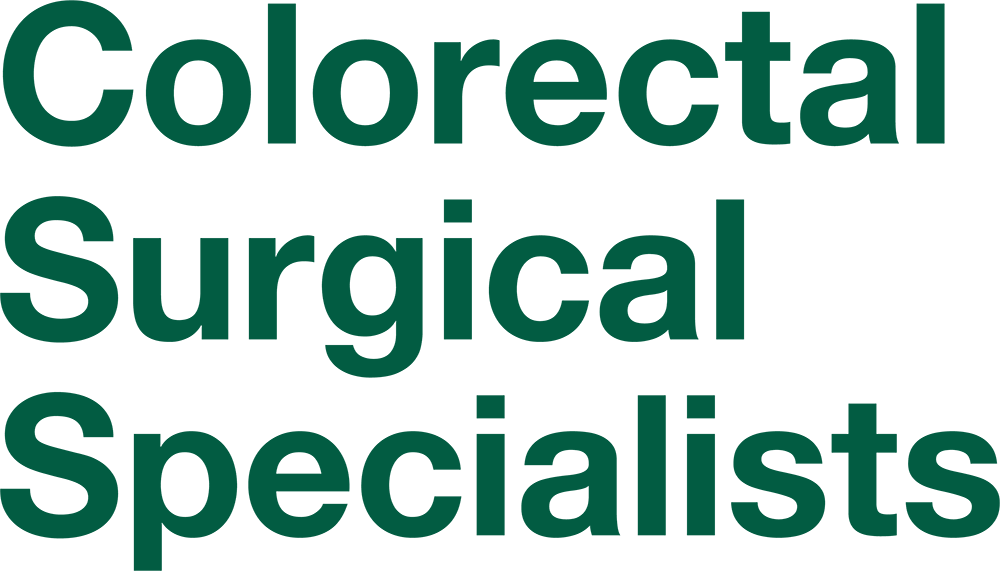Surgical Treatment of Ulcerative Colitis and Crohn’s Disease

CYBIL CORNING, MD
FACS, FASCRS
Peter Lee,
MD, FACS
Stefanie Schluender,
MD, FACS, FASCRS
Jennifer Ford,
FNP-BC, RNFA
Susan Gabbard,
MSN, FNP-C, RNFA
Sarah Plummer,
FNP-C, CRNFA
Practice Highlights
Robotic colorectal surgery since 2014
WELL-ESTABLISHED ENHANCED RECOVERY AFTER SURGERY (ERAS) PROGRAM
High-resolution anoscopy
Multidisciplinary GI tumor board
Sphincter-sparing surgery for rectal carcinoma
Sacral nerve stimulation for fecal incontinence
Anal manometry
What are ulcerative colitis and Crohn’s disease?
Ulcerative colitis and Crohn’s disease are the two forms of inflammatory bowel disease (IBD). Ulcerative colitis causes ulcers and inflammation in the innermost lining of the colon and rectum. With Crohn’s disease, inflammation can occur in any part of the digestive tract. Sometimes patients will show signs of both ulcerative colitis and Crohn’s disease. If this happens to you, your doctor will give you a diagnosis of “indeterminate colitis.”
Who gets ulcerative colitis and Crohn’s disease?
Ulcerative colitis and Crohn’s disease are both forms of IBD. Risk factors for developing IBD include:
Age. IBD is usually diagnosed in teens and young adults. Most people with IBD will receive a diagnosis before they are 30 years old. However, some people develop IBD later in life, in their 50s and 60s.
Race. People of all races and ethnicities are diagnosed with IBD, but it is most common in White people.
Family history. IBD tends to run in families. Your risk is higher if you have a close family member with the disease.
NSAIDs. Taking ibuprofen, naproxen, or other nonsteroidal anti-inflammatory medications may increase your risk of developing IBD or make it worse.
Symptoms of ulcerative colitis and Crohn’s disease
The symptoms of inflammatory bowel disease include:
- Abdominal pain
- Cramping
- Diarrhea (often with blood or pus)
- Constipation
- Blood in the stool
- Urgency when having a bowel movement
- Inability to have a bowel movement despite urgency
- Feeling like your bowel movement wasn’t complete
- Reduced appetite
- Unintended weight loss
- Fatigue
- Fever
- Night sweats
Surgical treatment of ulcerative colitis and Crohn’s disease
Inflammatory bowel disease can flare up and go into remission. Doctors will first try to control the disease with medication. However, surgery may be needed to treat complications of inflammatory bowel disease or to remove the colon and rectum altogether.
- Total proctocolectomy with end ileostomy: During this procedure, your surgeon removes the colon, rectum and anus. An opening is created in the abdomen (called a stoma) which is attached to a bag outside the body to capture solid waste.
- Proctocolectomy with ileal pouch-anal anastomosis (IPAA) or “J-Pouch” Surgery: During the procedure, your surgeon removes the colon and rectum but leaves the anus and anal muscles in place. A pouch is constructed shaped like the letter J from the end of the small intestine. This is attached to the anus. A temporary opening in the abdominal wall (ileostomy) allows you to eliminate waste until you are healed. Then the ileostomy is closed and you can pass stool normally.
- Surgery for complications from IBD. Your surgeon may perform bowel procedures to deal with complications from IBD, such as a bowel obstruction, fistula, perforated colon, or toxic megacolon.
Colorectal Disease Specialties We Treat
| Crohn’s



